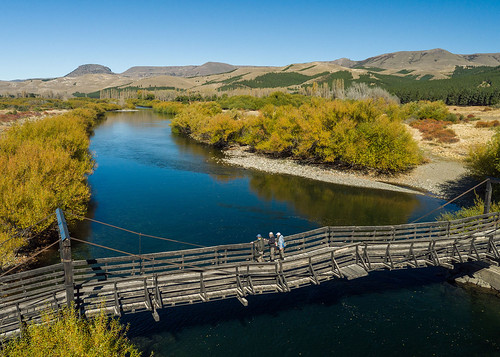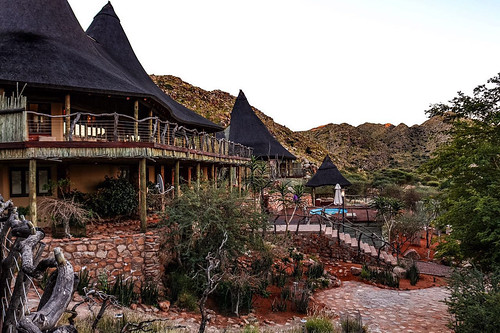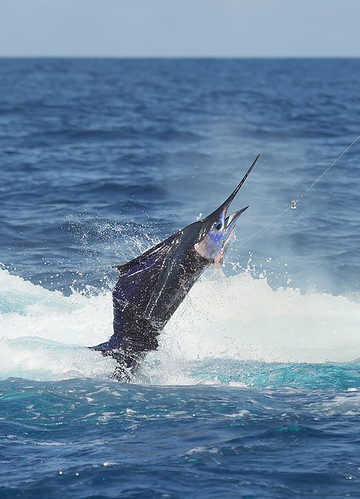Auburn University’s new degree in wildlife enterprise management to equip students for careers in outdoor industries
Article body
Students who enjoy the outdoors will want to explore Auburn University’s new degree program that provides the education and skills needed for a variety of careers in hunting and fishing industries.
“The degree will help develop Auburn students as future leaders in outdoor enterprises nationally and internationally,” Auburn President Steven Leath said.
Auburn’s Board of Trustees approved the new wildlife enterprise management degree at its June 8 meeting. Official enrollment will begin in fall 2019 pending approval by the Alabama Commission on Higher Education this December.
Students will take classes across the Auburn campus, primarily in the School of Forestry and Wildlife Sciences, College of Human Sciences and the Harbert College of Business. Courses will include wildlife management, hotel and restaurant management, accounting and marketing, to name a few. In addition to earning the new bachelor’s degree, students will earn a minor in business.
“Graduates will hit the ground running with lodges, hunting preserves, fishing resorts, outdoor experience companies and many other types of consumptive-use businesses,” said Dean Janaki Alavalapati, dean of the School of Forestry and Wildlife Sciences.
According to the Outdoor Industry Association’s 2017 report, The Outdoor Recreation Economy, consumer spending on outdoor recreation contributes $887 billion to the U.S. economy, employs 7.6 million Americans and generates $125 billion in tax revenues.
“We hope to attract students from across the country as we bring the outdoors inside the classroom,” said Stephen Ditchkoff, the William R. and Fay Ireland Distinguished Professor of Wildlife Ecology and Management in Auburn’s School of Forestry and Wildlife Sciences. “In five years, we anticipate 25-30 students in each incoming class for a total of around 120 students in the program.”
Auburn is one of two universities in the country to create this type of program, with Kansas State being the other.
“We developed our program based on our interviews with experts in the hunting and fishing lodge management industry,” said Mark Smith, the W. Kelly Mosley Environmental Associate Professor of Wildlife Management at Auburn and specialist with the Alabama Cooperative Extension System. “They gave us a list of skills that the ideal graduate needs.”
Ditchkoff and Smith consulted with sporting organizations such as John Burrell’s High Adventure Company, a global leader in outdoor recreation facilities. High Adventure has locations around the globe, from the United States to Argentina to Africa.
“One exciting aspect is that students can apply for internships,” Ditchkoff said. “High Adventure has numerous internships ready for our students. We expect to have 75-100 internships each year for our students at High Adventure and other companies. Students on internships will gain valuable, on-the-job training. It is not for class credit but is for experience. Students will not pay tuition during those semesters.”
Burrell, president of High Adventure, added, “We can’t get qualified employees fast enough, and that limits the business opportunities we can consider. We are extremely excited about this new major that will shape these young professionals.”
Graduates of the Auburn program will be in an excellent position to join outdoor companies, from an individual landowner’s operation to larger corporations.
“It could be in a range of places like single-owner hunting or fishing operation in the southeastern United States, a corporate retreat facility focused on outdoor experiences or even an African safari outfitter,” Smith said.
Related Media
Media interested in this story can contact Communications Director Preston Sparks at (334) 844-9999 or preston.sparks@auburn.edu.
The Auburn University College of Forestry, Wildlife and Environment is a flagship institution for natural resources-based degrees including natural resource management, geospatial and environmental informatics and sustainable biomaterials and packaging. The school serves as the backbone for Alabama’s $30 billion+ forest, wildlife and natural resources related enterprises. Its mission is to create next-generation professionals and leaders, to develop new knowledge and disseminate science-based solutions to our clientele to improve the social, economic and environmental well-being of citizens in Alabama and beyond.








